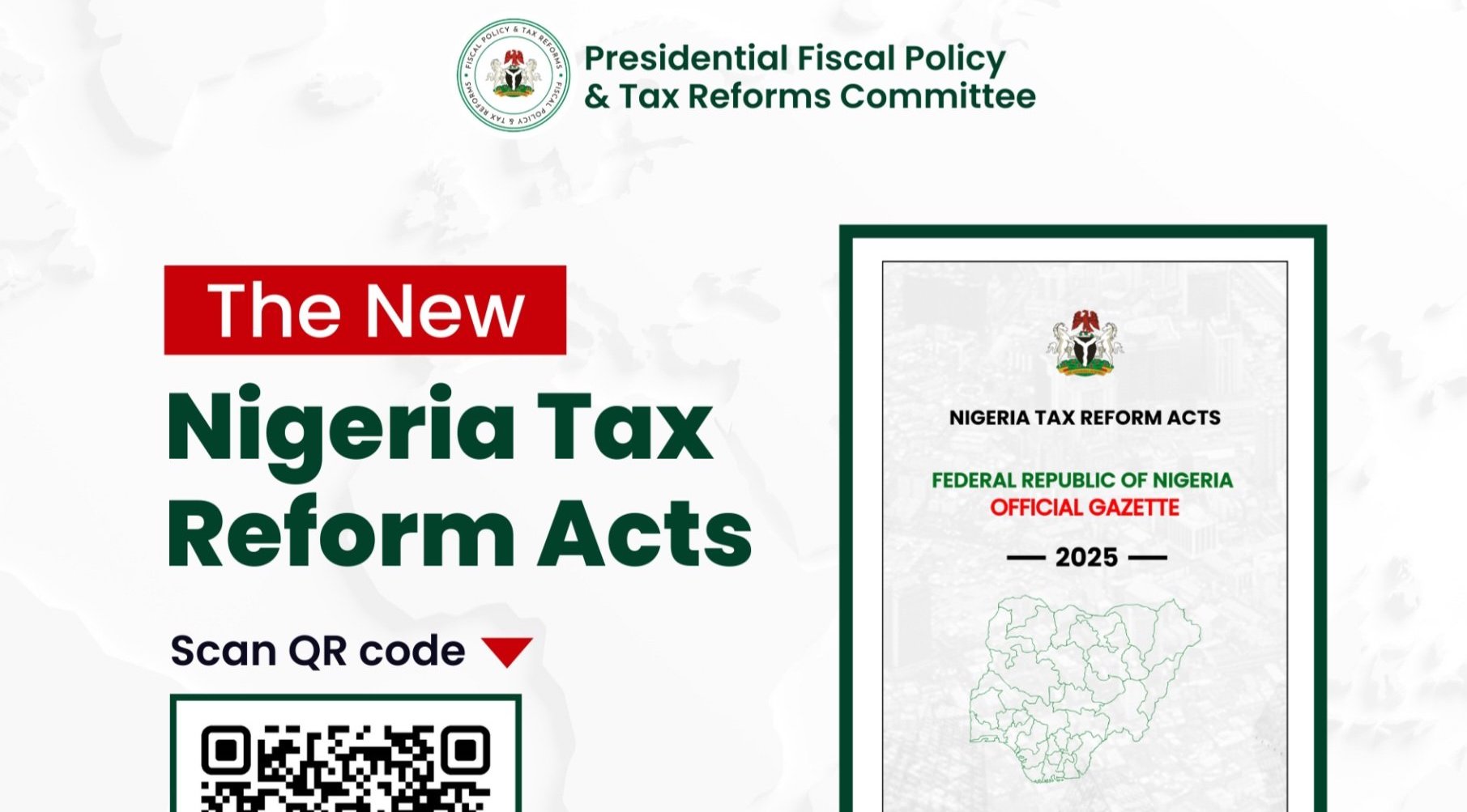•Says it places disproportionate burden on Nigerians
•UAE introduces new visa rules for Nigerians
Michael Olugbode in Abuja and Chinedu Eze in Lagos
The Nigerian Government has urged the United States to reconsider its revised visa reciprocity policy, which now limits Nigerian non-immigrant visas to single-entry, three-month validity.
The call was made in a statement issued by the spokesperson in the Ministry of Foreign Affairs, Kimiebi Ebienfa, yesterday.
This was as the United Arab Emirates (UAE) in a surprise move yesterday, announced the introduction of stricter visa rules for Nigerian travellers, effective July 8, 2025, ostensibly to further reduce the number of Nigerian passport holders that go to their country.
The Nigerian government’s reaction to the US visa rule was contained in a statement by the spokesperson of the Ministry of Foreign Affairs, Kimiebi Ebienfa.
The statement read: “The attention of the federal government of Nigeria has been drawn to the recent decision by the United States Government to revise its visa reciprocity schedule for Nigerian citizens, limiting the validity of non-immigrant visas including B1/B2, F and J categories, to three months with single entry.
“The federal government views this development with concern and keen interest, particularly given the longstanding cordial relations and strong people-to-people ties between our two countries.
“The decision appears misaligned with the principles of reciprocity, equity, and mutual respect that should guide bilateral engagements between friendly nations.
“Nigeria notes that this restriction places a disproportionate burden on Nigerian travellers, students seeking academic opportunities, professionals engaging in legitimate business, families visiting loved ones and individuals contributing to cultural and educational exchanges.
“While acknowledging the sovereign right of every country to determine its immigration policies, Nigeria respectfully urges the United States to reconsider this decision in the spirit of partnership, cooperation, and shared global responsibilities.”
Ebienfa further revealed that: “Diplomatic engagements are ongoing, and the Ministry of Foreign Affairs remains committed to pursuing a resolution that reflects fairness and upholds the values of mutual interest.”
Meanwhile, the UAE has introduced stricter visa rules for Nigerian travellers, effective July 8, 2025.
According to the new visa policy, Nigerian travellers between the ages of 18 and 45 are no longer eligible to apply for tourist visas unless accompanied by a sponsor or unless they meet newly defined conditions.
In addition, transit visa applications by Nigerian nationals have been suspended entirely, effectively barring stopovers in the UAE for onward travel.
Individuals above 45 years applying for a tourist visa must now present a personal bank statement for the past six months, showing a minimum monthly balance of $10,000 or its naira equivalent.
In addition, all travellers to the UAE are required to show proof of hotel reservations and sufficient funds (5,000 dirhams) to cover their stay.
This development is expected to significantly reduce travel from Nigeria to Dubai, a popular destination for business and tourism.
This new round of visa restrictions for Nigerian nationals, introduced less than a year after both countries resolved a long-standing diplomatic rift over visa issuance, indicates that the UAE may have foreclosed the assumption that Nigeria is a target market for tourism.
According to updates issued to travel agents, the new rules also impose stringent financial requirements on applicants above 45 years. Individuals in this category must now submit a personal six-month bank statement showing a minimum monthly balance of $10,000 (or its naira equivalent) before their visa application will be considered.
These changes come despite the UAE lifting a two-year visa ban on Nigerians in 2023. The Emirati authorities have instructed applicants and agents to comply with the updated guidelines, including the submission of existing supporting documents such as hotel bookings and passport biodata pages.
Travel industry stakeholders say the new restrictions may significantly reduce travel between Nigeria and the UAE, particularly to Dubai, a longstanding hub for Nigerian tourists, students, and traders. Agents also fear that more restrictions may follow.
When Emirates Airlines resumed operation to Nigeria after two years hiatus, with visa allegedly restricted to only travellers on the Dubai based airline, it was believed that over time UAE would relax the visa rules to make it easier for more Nigerians to travel to the Middle East nation but instead the country has applied further restrictions.





